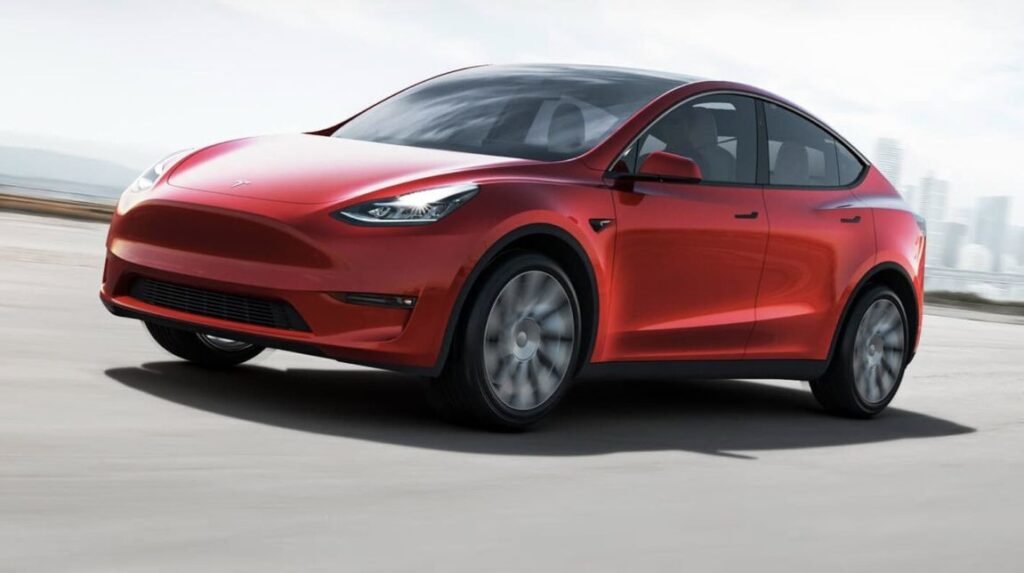More than 92,000 electric cars were sold in Europe in January, an increase of 28.9% year-on-year, according to a report by the European Automobile Manufacturers Association (ACEA). The four largest markets for EV sales were Belgium, the Netherlands, France, and Germany.
The recent EV boom in the European Union can be attributed to plans for all new cars sold in the EU to be zero-emission vehicles by 2035. This is all part of the EU’s strategy to mitigate climate change by reducing greenhouse gas emissions.
“The direction is clear. By 2035, new cars and vans must have zero emissions,” said Frans Timmermans, Executive Vice-President of the European Commission. He added: “New rules on CO2 emissions from cars and vans are an important part of the European Green Deal and will make a significant contribution to our goal of becoming climate neutral by 2050.”
As the EV market heats up, more startups are creating innovations aimed at streamlining the EV industry. In fact, an entire startup ecosystem is evolving around EVs. Examples of companies entering the EV market include startups focused on improving EV batteries. For example, nickel is produced by recovering the metal from plants without using mining facilities. Nickel is used in the manufacture of batteries.
Additionally, companies are building eco-efficient processes to recycle lithium-ion batteries. Some startups are exploring ways to test battery efficiency and provide solutions to detect bad batteries in the factory before they are manufactured in real vehicles, as well as provide better charging for home use. There are also startup companies developing stations. The focus on EV batteries is gaining traction, especially as companies consider consumers buying used cars. Batteries need to work efficiently and have a long lifespan.
The EU is also partially collaborating with Japan on batteries for EVs, and plans to cooperate in the development of sodium-ion batteries, a development power source for EVs that has great potential. These batteries cost less than regular batteries and do not rely on materials from China.
There are companies in the EU, especially France, that are developing sodium-ion batteries. Examples of such companies include Tiamat Energy, which designs, develops and manufactures sodium-ion batteries for mobility and stationary energy storage, and Hive Electric, which aims to democratize the most sustainable, efficient and safe batteries .
The investment community is also paying strong attention to EV startups. This past year, there have been a number of startups and investors looking to fund EV and sustainability-focused ventures to fuel a new surge in this market.
Powerdot, one of Europe’s leading EV charging point operators, recently secured €100 million ($108.5 million) in funding and is based in France. EV charging startup Electra has announced that it has received 304 million euros ($330 million) to expand charging stations across Europe. Also, Copenhagen startup Monta, which develops an operating platform for the EV ecosystem, announced just a few months ago that it had closed an investment of 80 million euros ($87 million).
The EU is particularly increasing its focus on EVs as EU OEMs and Chinese OEMs compete for the consumer EV market within the EU. Transport & Environmental magazine published an analysis showing that nearly one in five EVs purchased in Europe will be made in China. As a result, the EU is considering the option of raising import duties on Chinese EVs or focusing on investment in the EU’s battery value chain.
 For EV commerce to flourish, the EU says battery efficiency and other EV market essentials could be a way to gain a better foothold and capture more market share in an already buoyant industry. We are beginning to realize that there is.
For EV commerce to flourish, the EU says battery efficiency and other EV market essentials could be a way to gain a better foothold and capture more market share in an already buoyant industry. We are beginning to realize that there is.
Richard de Cabrol (Photo left) He is General Director of Grand Prix ACF AutoTech, a Paris-based accelerator founded to foster innovation among entrepreneurs in the automotive industry, with a focus on efficiency and sustainability.

